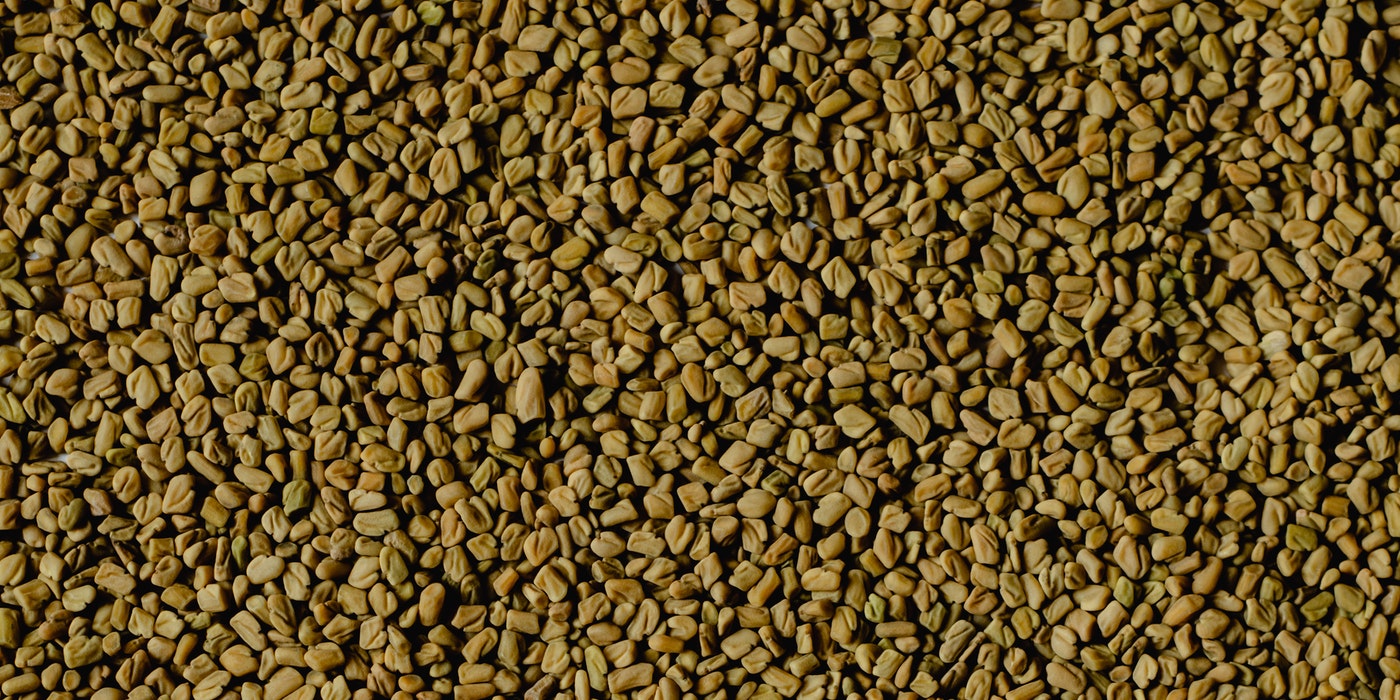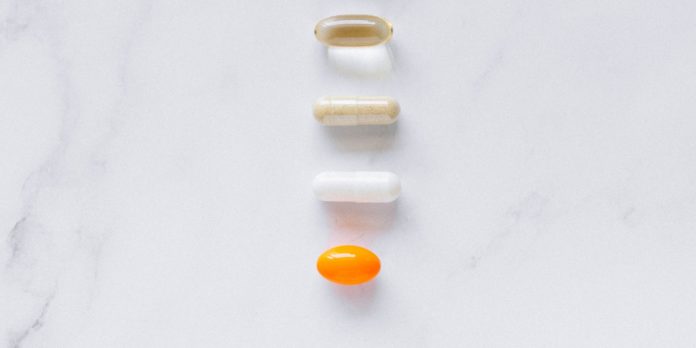What is Diabetes?
Diabetes is a lifelong disease that attacks the body’s blood sugar and insulin levels. Treatment consists of lifestyle alterations and, in some cases, medication, but corresponding therapies such as herbs and supplements may also be beneficial.
In diabetes, the body either generates insufficient insulin or produces insulin that is not efficiently utilized by the body.
Supplements and herbs will not cure diabetes and should not be used as a stand-alone treatment, but they may be used in conjunction with other treatments to alleviate symptoms and lower the risk of complications.
Seven Supplements and Herbs for Type 2 Diabetes
Seven supplements and herbs that may help patients with type 2 diabetes are listed below.
Aloe Vera
Aloe Vera is a common plant with a wide range of applications. Many people are familiar with its skincare benefits, but it may also have additional advantages, such as delaying the progression of type 2 diabetes.
In a 2013 review, researchers examined the use of aloe vera to treat diabetes symptoms in rats. The findings revealed that Aloe vera could help protect and repair the insulin-producing beta cells in the pancreas. This could be related to aloe’s antioxidant properties, according to the researchers.
More research into aloe and its derivatives is needed, according to the experts, to be sure of these effects.
Aloe can be consumed in a variety of ways, including:
- putting aloe juice pulp in a smoothie or drink
- taking aloe tablets as a supplement
Aloe vera skincare products should not be eaten.
Aloe vera juice has been shown to have a variety of health advantages. More information can be found here.
Cinnamon
Cinnamon is a fragrant spice derived from a tree’s bark. It’s widely used in baked products, desserts, and other foods.
Cinnamon has a sweetness to it that can be added without the use of additional sugar. It is popular among type 2 diabetes patients for this reason alone, but it may also have other advantages.
According to a 2010 review of human studies, cinnamon may boost levels of:
- insulin and insulin sensitivity
- glucose
- antioxidant status
- lipids, or fats, in the blood
- blood pressure
- digestion
- lean body mass
In yet another review published in 2013, researchers decided that cinnamon might lead to:
- lower fasting blood glucose levels
- less total cholesterol and “bad” low-density lipoprotein (LDL) cholesterol
- higher levels of “good” high-density lipoprotein (HDL) cholesterol
- a reduction in triglycerides, or fat, in the blood
- increased insulin sensitivity
It didn’t appear to have much of an effect on hemoglobin A1C. The A1C test is a commonly used diagnostic and monitoring tool for diabetes.
Nonetheless, for persons with diabetes, lipids, cholesterol, and insulin sensitivity are all essential measures.
The researchers in both studies point out that the outcomes could be influenced by:
- the amount of active elements in cinnamon depends on the type,
- the amount or dose
- the individual’s sensitivity to cinnamon,
- and any other medications the person may be taking
Because most studies haven’t included humans, there’s a scarcity of data on how cinnamon affects people, including any potential negative effects. More investigation is needed to prove the safety and efficacy of cinnamon as a therapeutic agent.
Cinnamon can be consumed in the following ways:
- in a variety of cooked dishes and baked goods
- in teas
- as a supplement
Anyone considering using cinnamon supplements should consult their physician first.
Bitter Melon
The bitter melon, Momordica charantia, is a therapeutic fruit. Bitter melon has been utilized by traditional Chinese and Indian medicine practitioners for ages. The fruit can be cooked and used in a variety of cuisines. Some scientists are investigating its possible medical use.
Bitter melon may actively help with diabetes symptoms, according to some data. So many elements of this plant have been used in treating diabetes, according to a review.
According to studies, devouring bitter melon in the following forms can assist some people in lowering their blood sugar levels:
- seeds
- blended vegetable pulp
- juice
- supplements
The bitter melon can be unpleasant to eat or drink, but taking supplements may make it more tolerable.
There is insufficient data to suggest that bitter melon can be used instead of insulin or medicine to treat diabetes.
It may, however, assist people in reducing their reliance on certain medications or lowering their dosages.
Fenugreek
Another seed that is said to help in the reduction of blood sugar levels is fenugreek.
Fibers and compounds in the seeds help in inhibiting the digestion of sugar and carbohydrates.
There’s also some indication that the seeds can help prevent or delay type 2 diabetes.
People with prediabetes were less inclined to be diagnosed with type 2 diabetes when taking powdered fenugreek seed, according to the findings of a three-year study published in 2015.
The researchers found that taking the seed resulted in:
- higher insulin levels in the body, which led to a lower blood sugar level
- decreased cholesterol levels
 The study included 66 diabetics who took 5 grams (g) of the seed preparation twice a day before meals, as well as 74 healthy persons who did not.
The study included 66 diabetics who took 5 grams (g) of the seed preparation twice a day before meals, as well as 74 healthy persons who did not.
Fenugreek can be used:
- as an herb in specific meals
- added to warm water
- as a powder, or
- taken as a supplement in capsule form
Milk thistle
Milk thistle has been utilized for a variety of diseases, particularly as a liver tonic, since ancient times.
Silymarin, the milk thistle extract that has gotten the most attention from scientists, is an antioxidant and anti-inflammatory molecule. These are the qualities that could make milk thistle a beneficial herb for diabetics.
According to one review published in 2016, several studies on silymarin are encouraging, but the evidence isn’t strong enough to recommend the herb or extract alone for diabetic treatment.
There have been no reports of serious negative effects, and milk thistle is widely used as a supplement. Nevertheless, right before taking any supplements, you should discuss them with your doctor.
Ginger
Ginger is another herb that has been utilized in traditional medicine for thousands of years.
Ginger is commonly used to treat digestive and inflammatory disorders.
However, research published in 2015 revealed that it could potentially aid in the handling of diabetes. According to the findings, ginger decreased blood sugar levels but not blood insulin levels.
As a result, they believe ginger may help people with type 2 diabetes reduce insulin resistance in their bodies.
The researchers were unsure how ginger could accomplish this, and they asked for more research to back up their findings.
Ginger can be eaten in a diversity of ways:
- By including adding ginger powder or chopped, fresh ginger root to raw or cooked foods
- brewing it into tea
- taking it as a supplement in capsule form, or
- drinking it as a ginger ale
Gymnema
The herb Gymnema Sylvestre is indigenous to India. Its name actually translates to “sugar destroyer.”
Personalities with both type 1 and type 2 diabetes who ingested Gymnema showed confirmation of improvement, according to a 2013 study.
Fasting blood sugar levels diminished considerably in personalities with type 1 diabetes who took the leaf extract for about 18 months compared to those who just received insulin.
In other Gymnema studies, persons with type 2 diabetes reacted favorably to both the leaf and the extract over time.
Some people have had the following experiences:
- blood sugar levels decreased
- insulin levels that went higher
It may be advantageous to use either the ground leaf or the leaf extract. However, before you begin using it, speak with your doctor.
Diabetes patients should take into account the following factors:
Before starting any new herb or supplement, people should always consult with a healthcare practitioner.
The doctor can recommend starting with a smaller dose and progressively increasing it until the patient finds a dose that works for them.
Some herbs can interact with other similar drugs, such as blood thinners and blood pressure medications. Before beginning a new supplement, it is critical to be informed of any potential interactions.
 People should also make sure that their herbs and vitamins come from a reputable source.
People should also make sure that their herbs and vitamins come from a reputable source.
Since the Food and Drug Administration (FDA) does not monitor herbs and supplements, goods may contain different herbs and fillers, provide inaccurate dosage instructions, or be tainted with pesticides, for example.
Herbs and supplements are meant to be used in conjunction with pharmaceuticals, not as a replacement.




